The views expressed in our content reflect individual perspectives and do not represent the authoritative views of the Baha'i Faith.
The retina of outer vision though sensitive and delicate may nevertheless be a hindrance to the inner eye which alone can perceive… Therefore we must endeavor with heart and soul in order that the veil covering the eye of inner vision may be removed… – Abdu’l-Baha, The Promulgation of Universal Peace, p. 90.
The 13th, 14th and 15th amendments to the constitution of the United States of America–known collectively as the Civil War Amendments–banned slavery; conferred upon blacks born in the U.S. the rights of full citizenship and prevented the government from denying its citizens the right to vote on the basis of color.
These landmark pieces of legislation provided a foundation but not a solution to America’s racial problem. The laws could not remove the blinding veils of racial prejudice based on white supremacy. Instead, the country, and the world, required an entirely new, more spiritual conception of humanity.
Baha’is believe that Baha’u’llah’s teachings infused human consciousness with that new conception of humanity:
Know ye not why We created you all from the same dust? That no one should exalt himself over the other. Ponder at all times in your hearts how ye were created. Since We have created you all from one same substance it is incumbent on you to be even as one soul… – Baha’u’llah, The Hidden Words, p. 20.
Dr. Alain LeRoy Locke, a pure-hearted intellectual, embraced Baha’u’llah’s message of the oneness of humanity in 1918. Eleven years prior this distinguished Harvard alumnus became the first African American Rhodes Scholar. Dr. Martin Luther King praised Locke’s work, which challenged prevailing European cultural dominance through the systematic cultivation of a cultural pluralism that valued African American contributions.
The influence flowing from the revelation of Baha’u’llah has inflamed the imagination and captured the hearts of extraordinary individuals like Dr. Locke everywhere. However, the transformation of the world called for by Baha’u’llah required the leadership of a unique individual to personally guide these souls toward the practical reality of the oneness of the human race. Baha’u’llah gave that mission to Abdu’l-Baha, known as the Master, the Baha’i prototype of that new race of men charged to bring unity to life.
In 1912 Abdu’l-Baha came to America, where he brought together the sons and daughters of slaves and their masters. Consider the remarks he made in the home of Corinne True, a wealthy white woman whose family had owned slaves in Kentucky:
The bond of patriotism may be a means of fellowship and agreement, but oneness of native land will not completely cement human hearts; for if we review history, we shall find that people of the same race and native land have frequently waged war against each other. Often in civil strife they have shed the same racial blood and destroyed the possessions of their own native kind. Therefore, this bond is not sufficient…
Just as the human spirit of life is the cause of coordination among the various parts of the human organism, the Holy Spirit is the controlling cause of the unity and coordination of mankind. That is to say, the bond or oneness of humanity cannot be effectively established save through the power of the Holy Spirit, for the world of humanity is a composite body, and the Holy Spirit is the animating principle of its life. – The Promulgation of Universal Peace, pp. 104-105.
For the better part of a year, Abdu’l-Baha travelled across America, raising the call of the oneness of humanity in temples, churches, private residences, college campuses and convention centers. He inspired legions of adherents to rise up and commit themselves to the cause of racial amity and equality.
In more than just words, Abdu’l-Baha constantly impressed upon Americans the truth of Baha’u’llah’s vision through the dynamic force of his example, through persistent encouragement and at times, through direct, creative intervention. When an African American attorney–Louis Gregory–was snubbed at the threshold of a wealthy home holding a reception for some of the most important individuals in Washington DC–at a time when it was taboo for blacks and whites to eat at the same table—Abdu’l-Baha took direct action:
Sensing that Mr. Gregory has been turned away because of his color, Abdu’l-Baha said: Where is Mr. Gregory? Bring Mr. Gregory! There was nothing for Mirza Khan to do but find Mr. Gregory… Finally Mr. Gregory came into the room with Mirza Khan. Abdu’l-Baha who was really the host…. had by this time rearranged the place setting and made room for Mr. Gregory, giving him the seat of honor at his right. He stated He was very pleased to have Mr. Gregory there, and then as if nothing had happened, proceeded to give a talk on the oneness of mankind. – Harlan Ober, Baha’i World, Volume 12, p. 670.
Abdu’l-Baha’s example remains an inspiration for human beings everywhere.
In the next article in this series we’ll explore the ongoing work of the Baha’is in bringing to life communities characterized by love and unity for all.



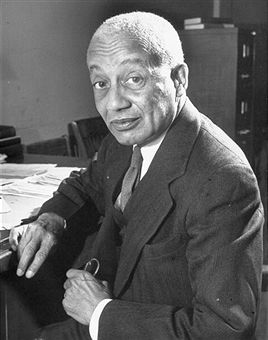
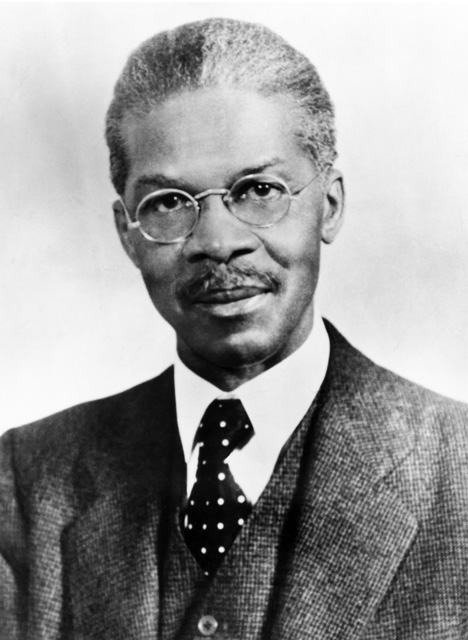

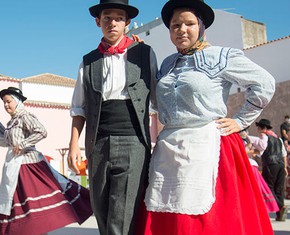
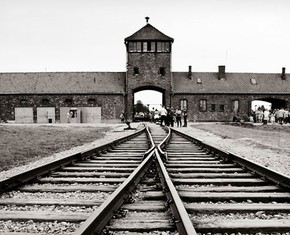
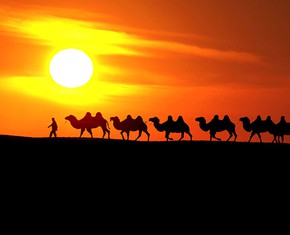









Comments
Sign in or create an account
Continue with Googleor